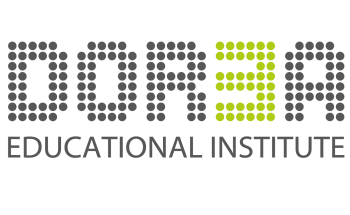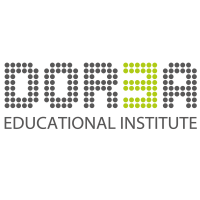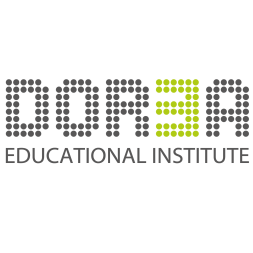
Refugees and Immigrants: Social Inclusion to EU through Non-Formal Education
The training course targets teachers and educators aiming to develop their personal and social skills along with self-awareness regarding (dealing with) discrimination in everyday life, their work and their societies.
Description
The training course targets teachers and educators aiming at the development of their personal and social skills along with self-awareness regarding (dealing with) discrimination in everyday life, their work and their societies. The main theme of the training will be focused on raising awareness of the realities, possibilities and new tools for a more inclusive society in the anti-discrimination projects with marginalized groups, against social exclusion.
The daily programme can be found here.
Learning objectives
Specific objectives of the course are:
- Exchange practices among teachers and educators from different countries on various aspects and perceptions of marginalization and inclusion, insights and values about youth work with marginalized groups
- Motivation and empowerment for active promotion of combating social exclusion in their activities by respecting values and principles for inclusion and proposed solutions and recommendations for challenges in their project management and fundraising
- To promote an open and creative training environment for non-formal learning
- To support participants in getting familiar with the concept of resilience and empowerment
- To improve participants’ competencies in supporting the empowering process with young people
- To support participants in mastering new empowerment and resilience tools
- Develop new local and European projects for inclusion, that are aimed at raising young people’s awareness of everyone’s responsibility in tackling poverty and marginalization
Methodology & assessment
Attention will be given to how to implement the findings and skills in real daily working situations after the training course. Methods such as debate, pair and group work, and individual practical exercises will be used throughout the course.
Assessment of the course combines formal and non-formal assessment methods such as self-evaluation at the end of the course and formal evaluation forms provided by the organisation.
Materials, digital tools & other learning resources
This course equips educators with interactive materials, non-formal education toolkits, and digital tools to support refugee and immigrant inclusion. Participants engage with case studies, scenario-based learning, and self-assessment tools to enhance intercultural communication, language learning, and integration strategies. Practical resources foster inclusive teaching and social inclusion in diverse classrooms.
Certification details
- Certificate of attendance
- Certificate of obtained competencies
- Europass mobility certificate
Pricing, packages and other information
-
Price:450Euro
-
Course package content:
- Course fee and training material
- Certificate of Competence
- Welcome dinner
- Administration costs
- Coffee Breaks
- Cultural visit
-
Additional information:Description of the services and activities included in the course package (such as accommodation, meals, transport) or available at extra cost.
-
Cancellation & changes:
DOREA EDUCATIONAL INSTITUTE registration, cancellation/ rescheduling and refund policy can be found here: https://dorea.org/registration-cancellation-rescheduling-and-refund-policy/
-
Additional information:The options and conditions for change and cancellation, and the policy in case of unforeseen circumstances (force majeure).
Additional information
-
Language:English
-
Target audience ISCED:Lower secondary education (ISCED 2)Upper secondary education (ISCED 3)Post-secondary non-tertiary education (ISCED 4)
-
Target audience type:TeacherPedagogical AdviserNot-for-profit / NGO staff
-
Learning time:20-25 hours
Upcoming sessions
Past sessions
More courses by this organiser
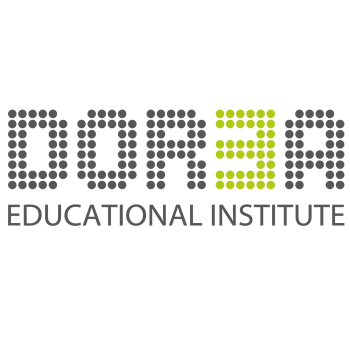
Intercultural Communication in Education
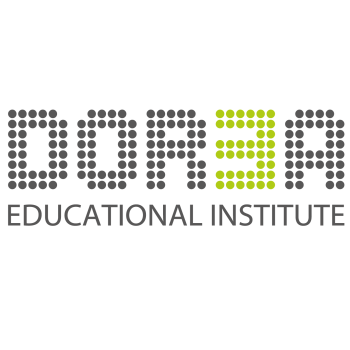
Cybersecurity Education for Online Safety
